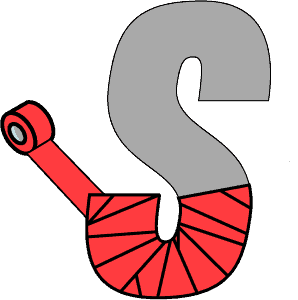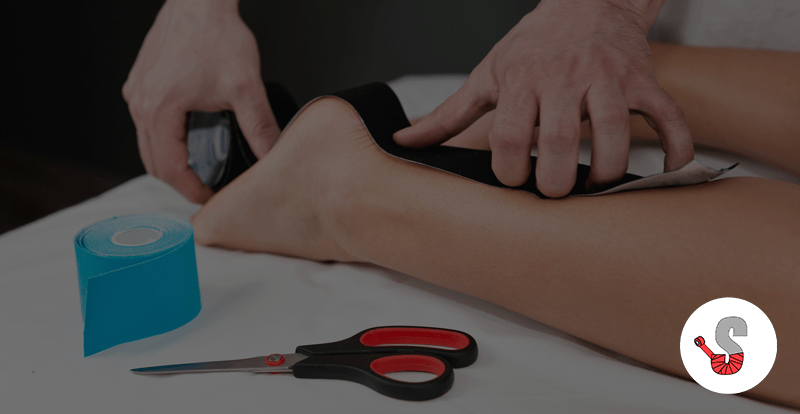Recovery – What is it and how do I actually recover well?
What is recovery?
The google definition of ‘recovery’ is to “return to a normal state of mind, health or strength”. Recovery is all about improving the ability to get your body back to its relatively stable equilibrium.
A lot of our work is around injury prevention but as a physiotherapist I am always looking for ways to help people improve physically and mentally and become the best person they can be.
When we train we fatigue our body (brain and muscles). When you stop, you start the process of replenishment and “recovery”. What we want to do is give our body enough time and assistance to compensate from this to get the best results from our workout.
Maximising recovery means you can get back into training quicker, and therefore train more frequently with improved results.
So how do I do it? From a lot of what I have read, googled and listened to, it comes down to four main categories – all of which are within your control!
Improving your recovery
- Nutrition – AKA: What you eat. Always underrated. Eat enough calories but the quality of calories is important. This is essential to replace energy stores used during training.
- Sleep – This leads to improved performance because you are allowing your brain and muscles to rest! Think of this as your essential re-charge of your battery. Focus on quality and quantity – good quality sleep is essential.
- Mobility (take care of your muscles) – Foam rollers, gentle stretching, massage etc this can again help your brain and body by getting into a relaxed state and improve blood flow & tissue oxygenation.
- Mindset – Get away from the stressors! Walk, meditate, have a bath, light a candle, turn off the devices and take time to relax.
OK then, I hear you ask, but how do I know if I’m recovered? That is a great question! And if we knew the answer to that we would all be elite athletes! Over time the more you train the better you or will know yourself and how you feel. There are a multitude of different factors to consider – soreness, eagerness to train, motivation, resting heart rate but it is essentially based on “how you feel”. If you implement these four things regularly into your day and post-training regime you’ll be on the right track.
Sign up for your free trial to Sport Strapping NZ by visiting our landing page!
Podcast Reference:
Ben Bergeron, Chasing Excellence. #029: Getting the Most Out of Your Training





Responses